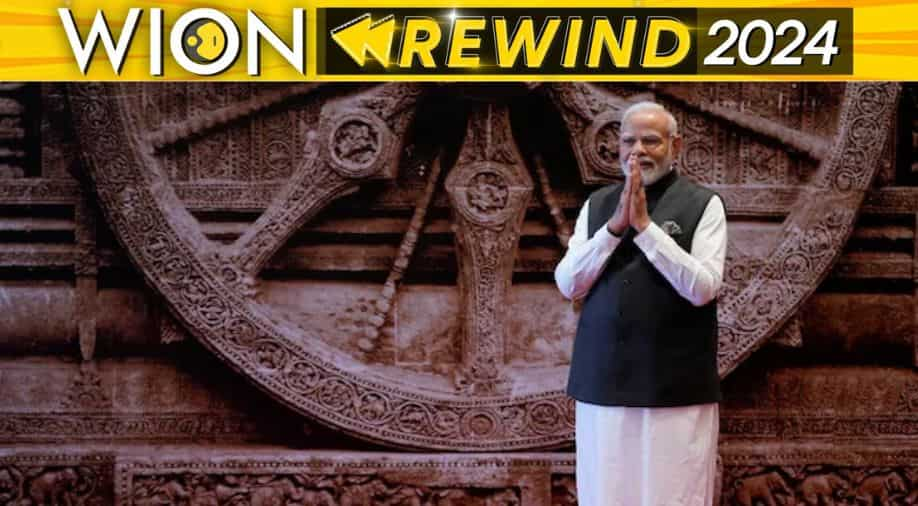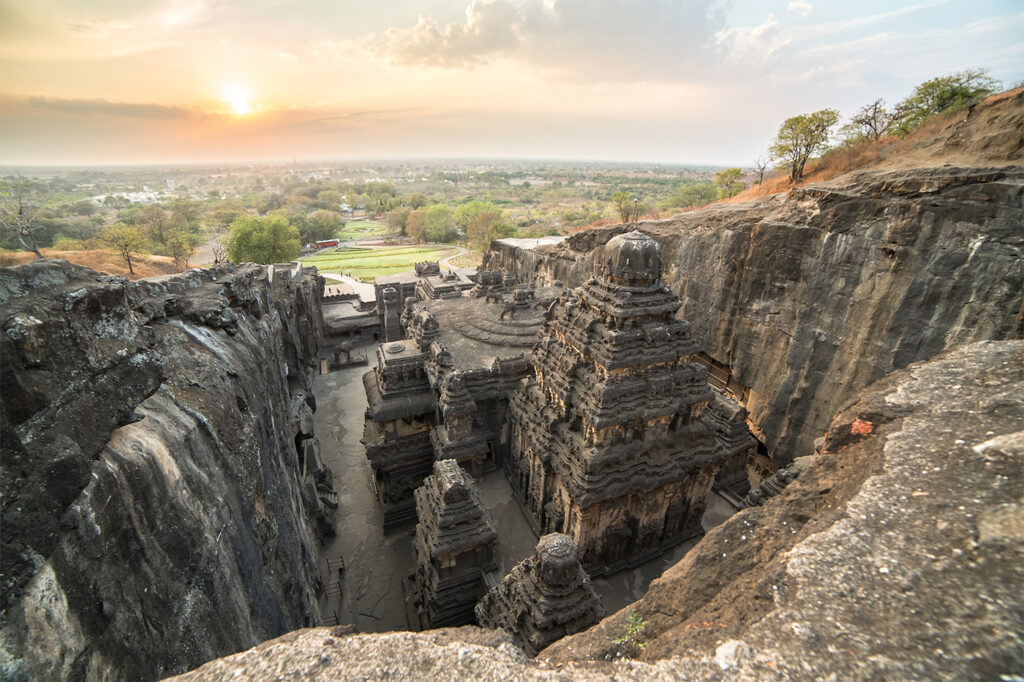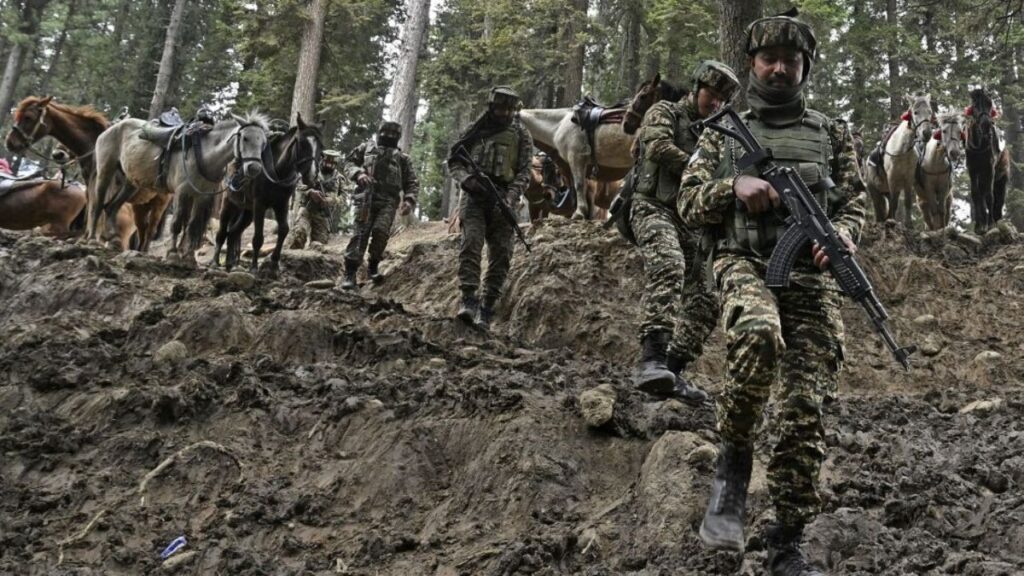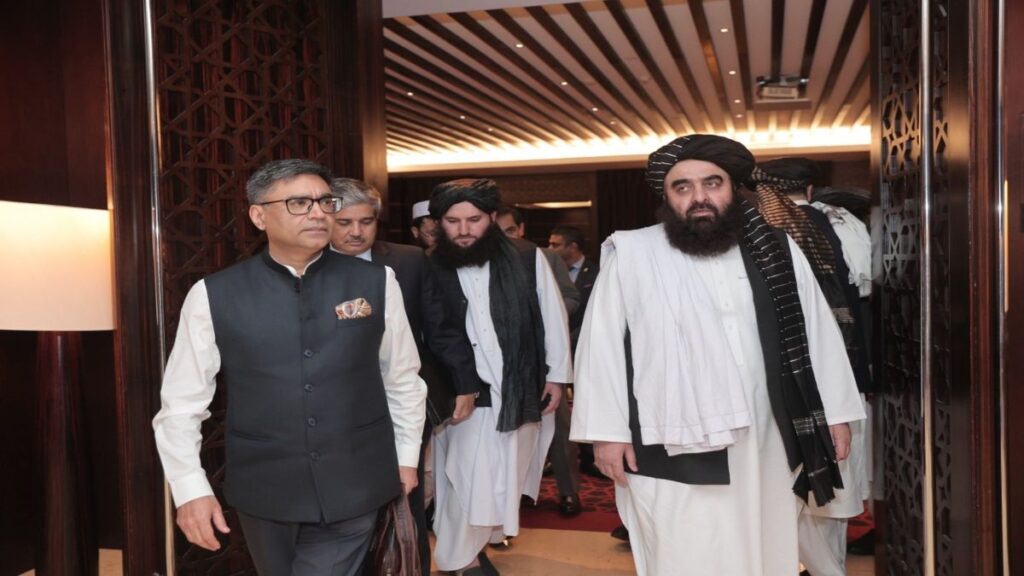
How 2024 gave a reality check to Indian Prime Minister Narendra Modi
Narendra Modi appeared politically invincible since he became India’s prime minister a decade ago. With a drained opposition and dispirited media, Modi managed to form a cult of personality around him, which gave him the confidence to declare before 2024 elections that “God has sent me” and that “this energy (inside me) could not be from my biological body”.
For him and his followers, the summer elections seemed a mere formality and results a foregone conclusion: Modi’s Bharatiya Janata Party (BJP) claimed it was on its way to win a supermajority in Lok Sabha, the lower house of the Indian Parliament. BJP had its eyes set on the 370-mark in the 545-member strong legislature, a target that observers labelled ambitious but doable.
Voters show Modi the mirror
On 4th June, 2024, as the results starting pouring in, Modi and his BJP realised they may have become victims of their overconfidence. The ‘370 this time’ slogan backfired as voters denied even a simple majority to the ruling party.
The BJP stumbled to just 240 seats, 63 less than what it got five years back.
Modi now relies on his allies to keep his government up and running. It’s for the first time that he has had to face a stronger opposition in the house and also a Leader of Opposition (LOP), in the form of Rahul Gandhi, from India’s main opposition Congress party. Indian voters truly cut Modi down to size as BJP had made him the face of their election campaign.
Supreme Court ruling setbacks
But prior to Indian voters, it was India’s Supreme Court that set the stage in February with its landmark ruling on electoral bonds. The apex court ruled as unconstitutional the scheme that the BJP had hailed as a successful tool to curb use of cash in Indian politics.
In 2018, BJP brought in the electoral bonds initiative that enabled individuals and companies to donate to political parties anonymously.
But a bench led by then-Chief Justice of India Dhananjaya Chandrachud said the scheme violated Indian Constitution.
The scheme did not do much to stop political corruption, it noted. It also discouraged donors from supporting opposition parties because they feared the government might access their details through the state-owned SBI bank.
The Supreme Court later ruled that this lack of transparency violated citizens’ right to information.
Economy: A reality different from headlines
India’s economic slowdown over the last months also threatened Modi’s hitherto unassailable stature in Indian politics.
Since the end of September 2024, global investors have withdrawn about $10 billion from Indian stock market.
This marks the biggest outflow of funds in a single quarter since the middle of 2022.
Money is also flowing out of Indian bonds at a faster rate.
Adding to the troubles, the Indian rupee dropped to record-low levels against the US dollar several times in recent months.
India’s quarterly economic growth rate has slowed to 5.4 per cent, the lowest since 2022.
This has led many economists to lower their growth predictions for the country.
The Reserve Bank of India (RBI), the central bank, now expects the economy to grow by 6.6 per cent in the current fiscal year. This is a drop from its earlier forecast of 7.2 per cent.
On top of this, the RBI has warned about a significant rise in inflation, which could cause further problems.
All is not lost for Modi yet
In spite of electoral setbacks that led him to rely on potentially flaky allies, it has not been all bad for Modi in 2024.
The year had some pleasant surprises for the Indian prime minister as well.
Watch: India: No system is perfect says Indian PM Modi on electoral bonds scheme
Poll results in Haryana and Maharashtra, two of India’s richest states, somehow helped BJP get back the momentum.
As we step into 2025, elections in Delhi and Bihar look high on Modi’s agenda.
It remains to be seen whether Modi repeats a 2024-like rocky start or manages to rebound.
Disclaimer: The views of the writer do not represent the views of WION or ZMCL. Nor does WION or ZMCL endorse the views of the writer.





Responses